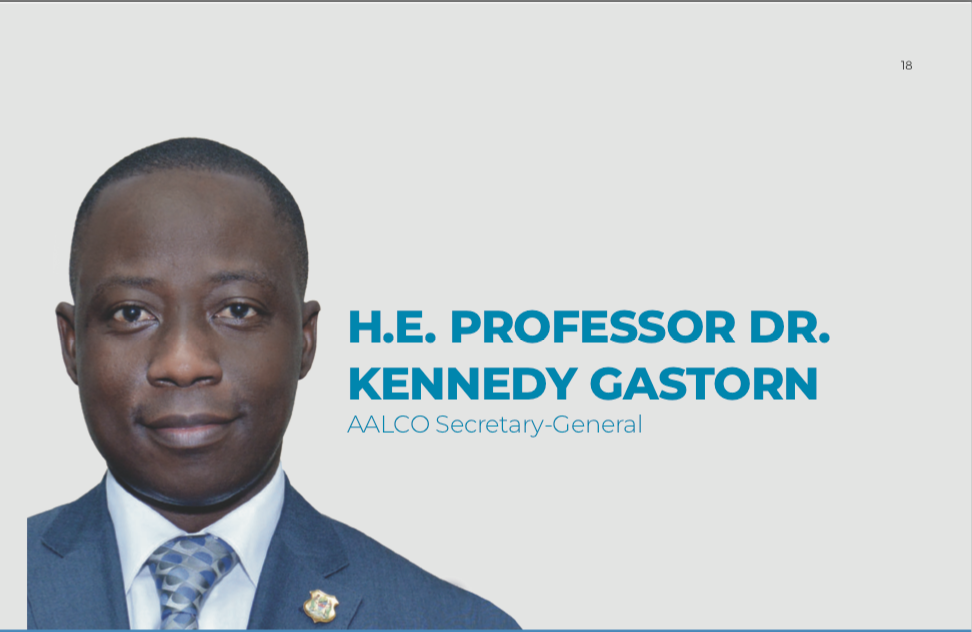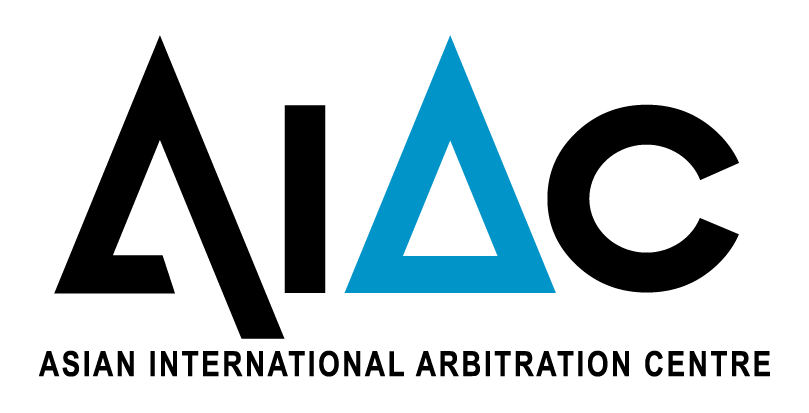The Asian-African Legal Consultative Organization (AALCO), originally known as the Asian Legal Consultative Committee (ALCC), was constituted on 15 November 1956. It is considered to be a tangible outcome of the historic Bandung Conference, held in Indonesia, in April 1955. Seven Asian States namely Burma (now Myanmar), Ceylon (now Sri Lanka), India, Indonesia, Iraq, Japan, and the United Arab Republic (now Arab Republic of Egypt and Syrian Arab Republic), are the original Member States. Later, in April 1958, in order to include participation of countries of the continent of Africa, its name was changed to Asian-African Legal Consultative Committee (AALCC). At the 40th Session, held at the headquarters of AALCC in New Delhi, in 2001, the name of the Committee was changed to Asian-African Legal Consultative Organization (AALCO). It might seem to be a small nomenclature change, however, it has great symbolic significance reflecting the growing status of the Organization and the place it has secured among the family of international organizations.

